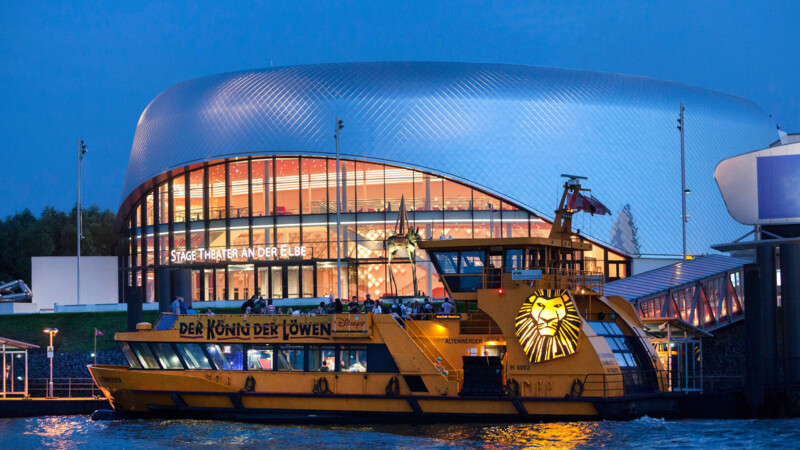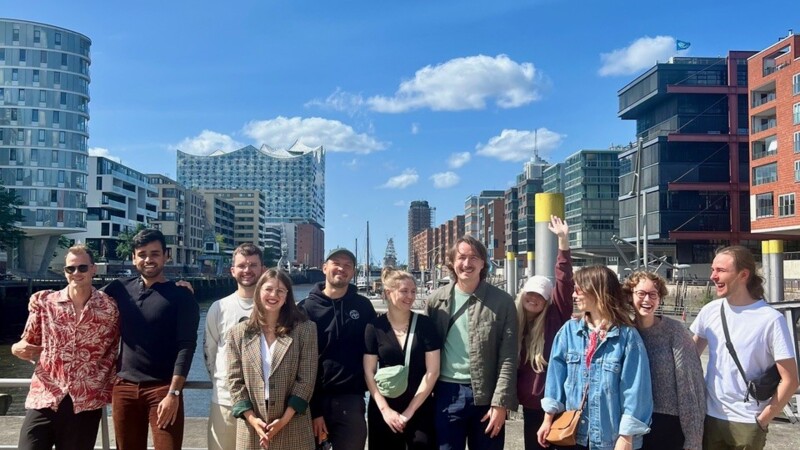Commenting on the study “Hamburg as a Centre of the Music Industry Centre/Musikwirtschaftsstandort Hamburg”, Schulz pointed out: “Around 20 per cent of Germany's gross value added is generated here.” And the German music industry's turnover came to EUR 17.4 billion in 2023 or EUR 6.6 billion in gross value added, according to the national study, “"Music Industry in Germany 2024" presented by the German Music Industry Association (BVMI) in September. Yet, the importance of the industry goes far beyond the purely monetary, said Schulz. "Our products, i.e. music, strengthen the city's appeal. This is particularly true of live music, which boosts the standard of living for many people. This image attracts young families and skilled workers." The industry itself has also been hit by the shortage of skilled labour. "We need an above-average number of employees in the 20 to 35 age group, who are ideally childless and graduates or prospective graduates. When it comes to this group, we compete with cities like Berlin, London and Paris."
Hamburg Music is gearing up to celebrate its 20th anniversary on November 13, 2024. Launched in 2019 as the "Hamburg Music Industry Interest Group", the network is now one of the largest of its kind in Europe and represents over 140 independent companies across the music industry, including artist managers, labels, distributors, publishers, concert promoters and music clubs. Hamburg News spoke to Alexander Schulz, CEO of Hamburg Music and founder of the Reeperbahn Festival.
Hamburg is now is the third largest centre of musicals after New York and London. Opened in 2017, the Elbphilharmonie clocked up no less than 841,000 visitors in the 2022/23 season and the Reeperbahn Festival is now Europe's largest international club festival. A study commissioned by Hamburg Music last October has confirmed the industry's economic clout. In 2019, it added EUR 1 billion to GDP, generated around EUR 591 million in revenue and created over 16,000 direct and indirect jobs across the Hamburg region.
Music boosting Hamburg's appeal
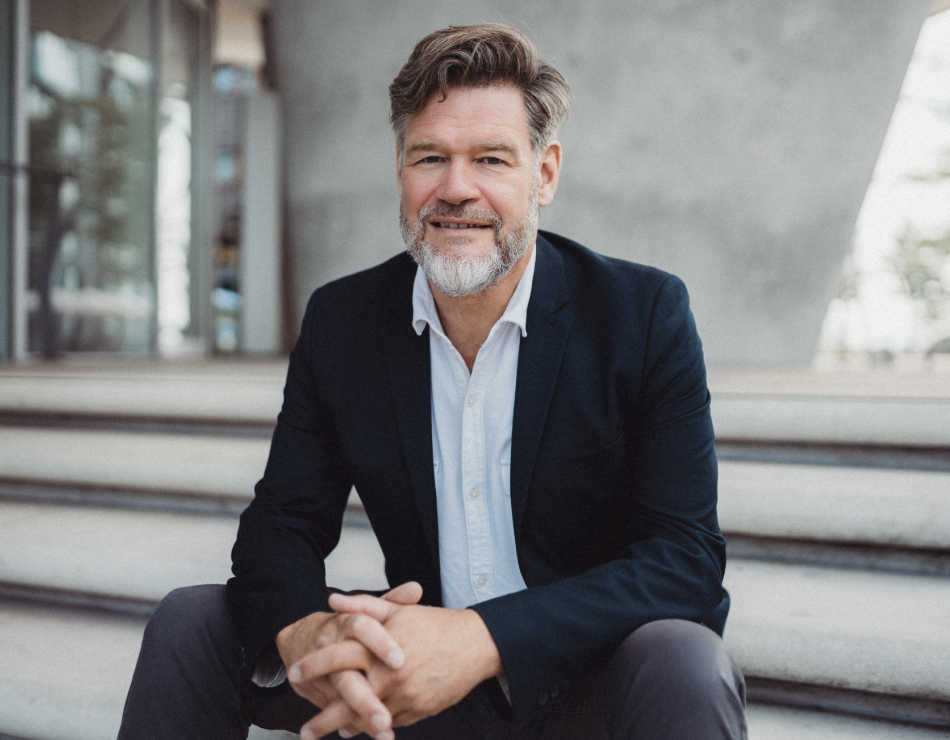
Music destination Hamburg
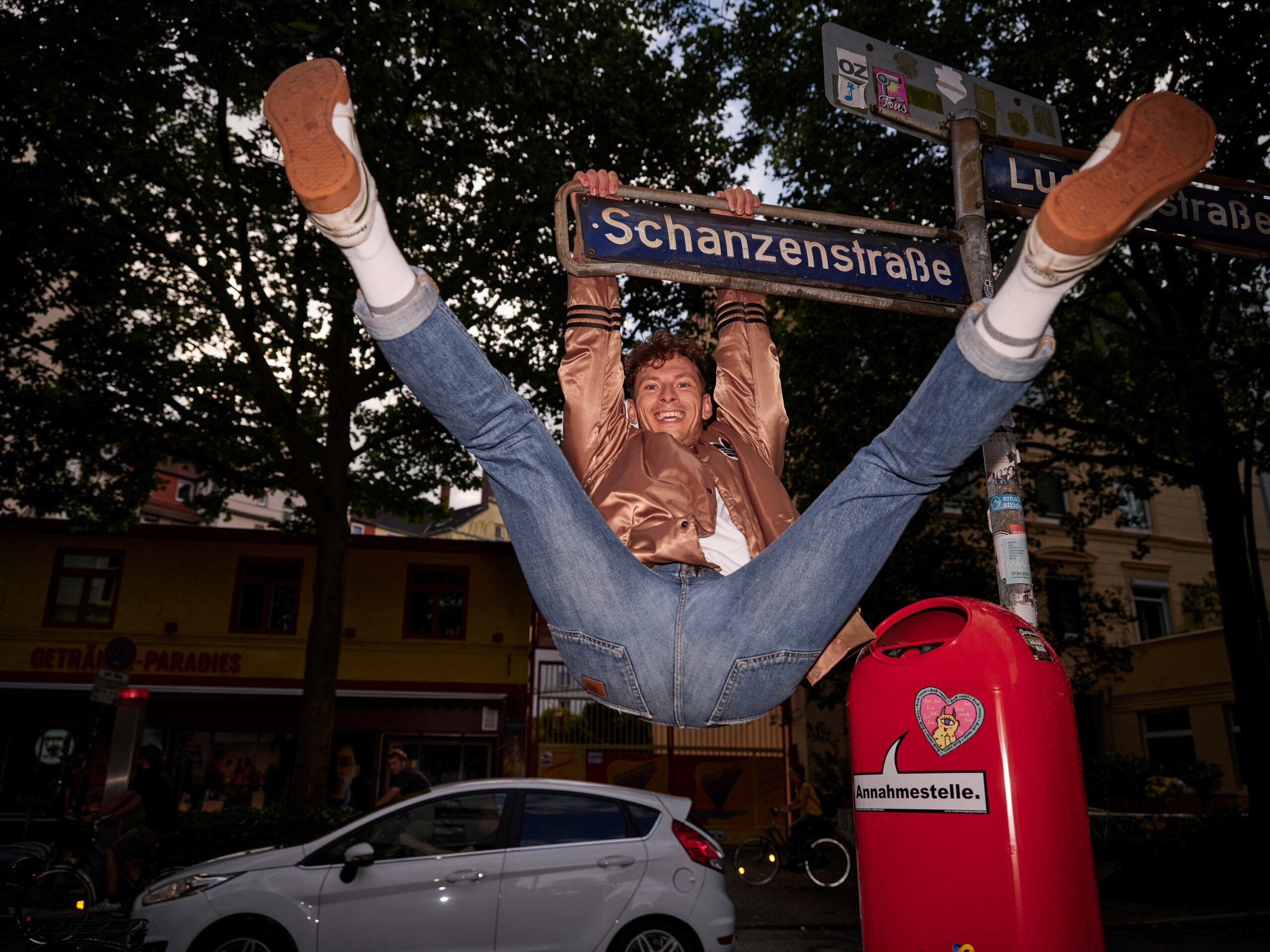
When it comes to tourists arriving in Hamburg for concerts and musicals, the city performs above average compared to Berlin and Munich. Around EUR 346.8 per person were spent on short music holidays compared to a mere EUR 238.1 in Berlin and EUR 297.5 in Munich. "Musicals play a key role in holidays to Hamburg," Schulz pointed out. In 2024, global stars such as Taylor Swift, Robbie Williams, Depeche Mode and James Blunt boosted tourism to Hamburg. "Such acts highlight the city's importance." However, big names tend to mean costly tickets and that puts a strain on cultural budgets, which are quite limited at present.
Trend towards buying tickets at short notice

"We are suffering from the same challenges as the wider economy – a lack of consumer confidence and soaring costs. Tighter budgets mean people are playing it safe and opting for big concerts rather than small clubs with lesser-known artists. Tickets tend to be bought at short notice. "Before the pandemic, we had cancellations because concerts were moved to larger venues due to high demand, now the reluctance to buy is leading to cancellations." This is causing headaches for clubs, as it is becoming increasingly difficult to calculate costs given the already tight margins, Schulz pointed out. "About 70 to 80 per cent of the income goes to the artists and the promoters, while 20 to 30 per cent goes to the clubs, even though tickets may cost less than EUR 20."
Small clubs as launching pads
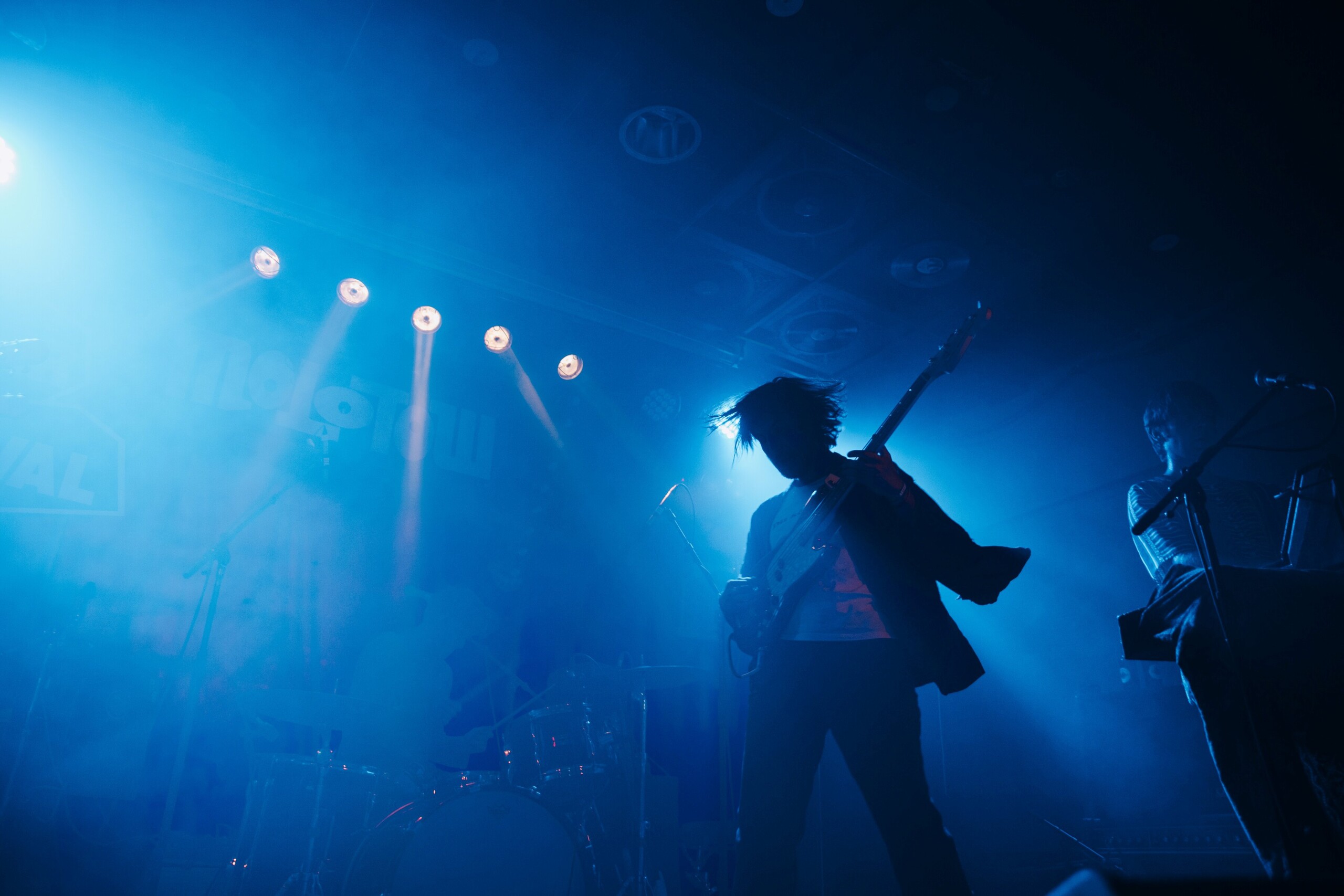
The survival of clubs is crucial to the music industry, and their demise would have far-reaching consequences, Schulz warned. "Unknown artists start out in small venues. They introduce themselves to the public and build up a fan base. In some cases, that can also be done digitally, but only live acts offer a multisensory experience that lasts for years. No algorithm can do that.” The Reeperbahn Festival is precisely such an experience. This year alone, 450 acts from 35 countries including young, unknown artists, took to the stages in September. Yet, the founder of the festival is not satisfied with this year's figures. "We had a slight increase with 5,000 professional visitors, but we still lag 30 per cent behind 2019." More worrying is the decreasing number of visitors in the public area. "About 45,000 visitors came or a drop of 5 per cent over 2023. It's not serious, but it has never happened before." As a result, Schulz pointed out: "We are keeping ticket prices stable. Given the current situation, this is clearly a concession. We are sticking to our mission of providing a stage for promising acts." Tickets are now sale for the 20th Reeperbahn Festival (September 17-20 2025).
ys/pb
Sources and further information
More
Similar articles
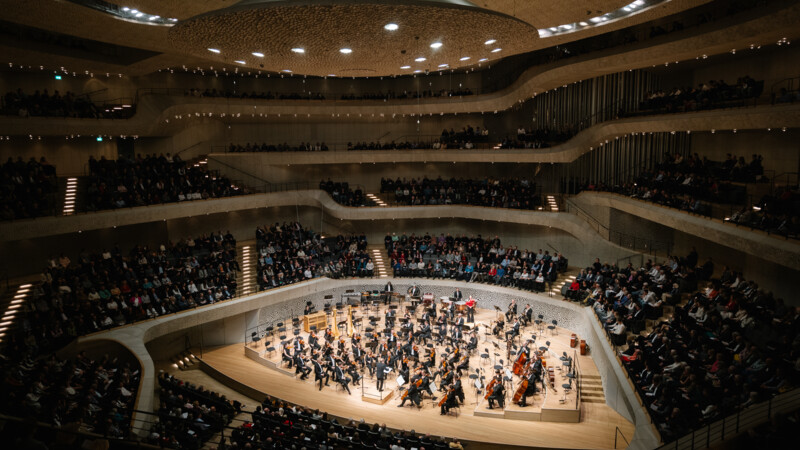
Elbphilharmonie announces 2025/26 concert season
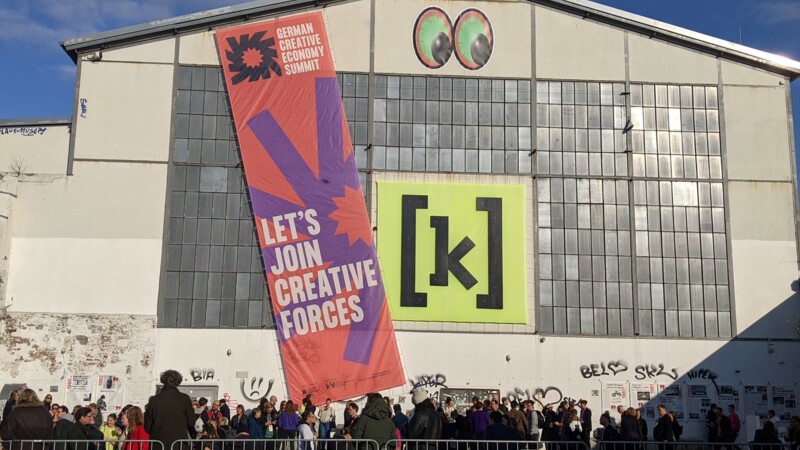
German Creative Economy Summit premieres in Hamburg
